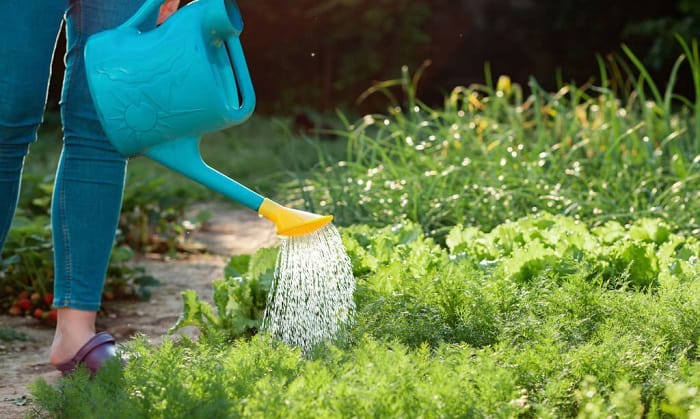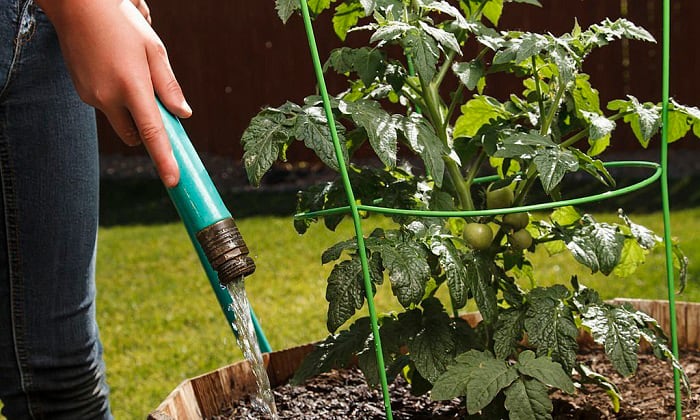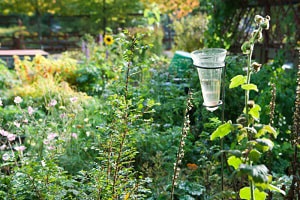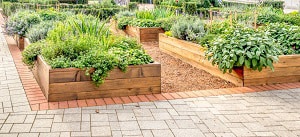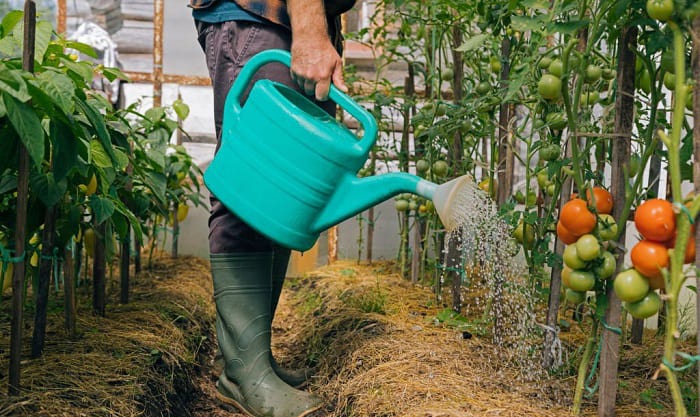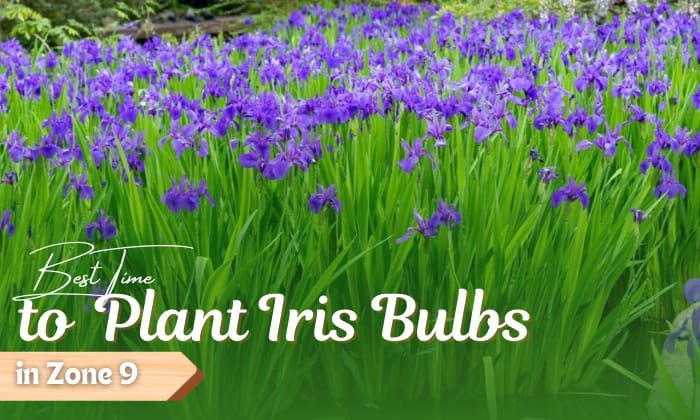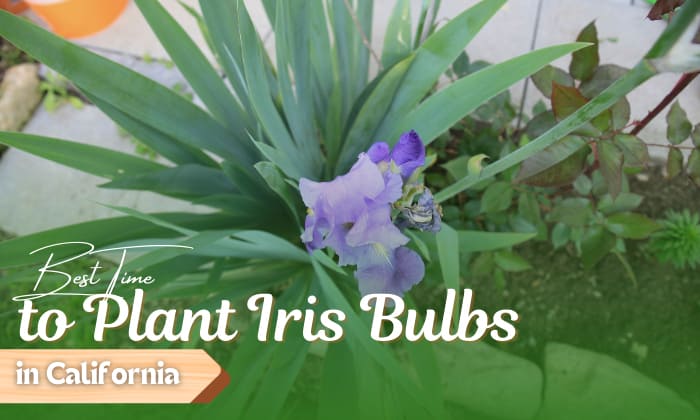Like humans, plants need water to survive. If you grow your own food, you’ve probably asked yourself, “how often should I water my vegetable garden?” In general, it’s best to do this task two to three times per week.
That said, some factors affect this frequency. Learn about them below.
Table of Contents
How Often to Water Garden – Factors to Consider
1. Soil
Soil with large and sandy particles will lose water more quickly. In contrast, soil that is dense with organic matter like compost or mulch will need less frequent watering — specifically, once a week instead of the usual two or three times.
2. Plant type & stage of development
Aside from the soil, different plants will need more water during specific periods in their development. Check out the vegetable watering chart below, and keep in mind that the recommendations apply to healthy soil.
| Vegetable | Watering Frequency |
| Broad beans and peas | More water during and two weeks after flowering |
| Zucchini | Water need remains constant throughout development |
| Cabbage, lettuce, chard | Same as zucchini |
| Onions, leeks, shallots | Only needs additional moisture in the beginning |
| Sweet corn | Water need remains constant throughout development |
| Pumpkins and winter squash | Can tolerate both frequent and minimal watering |
| Carrots | Water whenever the soil looks close to drying (once every 2 weeks without rainfall) |
| Radishes | Once a week in dry periods |
| Parsnips | Like carrots |
| Beetroots | Like carrots |
| Brussel sprouts | Needs frequent watering in the beginning and after transplanting |
| Potatoes | Watering should not fluctuate and is especially vital when the tubers are marble-sized |
3. Weather
Clearly, the rain will supply some of the water a plant requires, if not all of it. Hence, during weeks when there are one or a few rainy days, gardeners won’t need to water potted vegetable plants as often.
In general, plants need one inch or 0.62 gallons of water per square foot of land every seven days. However, if the climate is extra dry, go for 2 inches.
To decide how much to water vegetable garden or whether doing so is necessary:
- First, calculate the area of your yard by multiplying its width by its length.
- Then, multiply the result (in square feet) by 0.62 or 1.24 to get the amount of water needed during a rainless week.
At the same time, do not forget to install a rain gauge in your yard. Screw the gauge on the wall or push it into the ground, and make sure the device is not under trees or any structure that will block water from getting to it.
The gauge will have lines that tell you how many inches of rain has fallen from the sky. Just take note of the measurement and convert it to gallons.
If your plants need 500 gallons of water and the rain has provided that amount this week, you have no watering duty until next week.
4. Season
How long before vegetables need water again? It probably won’t surprise you that seasons also play a role in answering this question. In summer, raised garden beds will need moisture daily.
However, these structures may only need watering once every 3.5 days or even once every seven days during other periods.
5. Raised beds
Finally, you should know that raised beds will need more frequent watering than regular in-ground ones.
How Often Should I Water My Vegetable Seeds?
Is there a difference between watering more mature plants and watering seeds? The answer is yes. Seeds need moisture two times a day until they grow shoots, unlike mature plants, which can thrive when watered two to three times a week.
When Is the Best Time to Water Vegetables?
It is best to water plants in the morning. This means less water loss will occur through evaporation. With that in mind, if you forgot to give your plants moisture early in the day and they start to look parched, water them immediately, even if it’s not the optimal time.
Tips for Watering Vegetables
- If you’re still wondering, “should I water every day?” after reading the above information, one simple trick is to check the soil. Use a shovel to dig two inches into the ground. If the soil is dry at that level, it’s time to water.
- Direct the water flow at the soil and not at the foliage. This practice will prevent the development and spread of bacterial and fungal diseases. Plus, make sure the water reaches as deeply into the soil as possible and vary the angle of your hose or watering can so moisture is not concentrated in one area.
- Longer hoses help people distribute water to garden beds more easily without walking.
- Drip irrigation systems will effectively deliver water to regular gardens and raised beds while mitigating evaporation and fluctuations in moisture levels. These systems also suit DIY installation and can be automated and managed with controllers.
- While watering, make sure the pressure of the hose isn’t too high. This way, you’ll have time to adjust the water distribution and avoid giving some plants too much moisture.
Conclusion
By now, you should no longer wonder, “how often should I water my vegetable garden?” There are multiple ways to determine the watering frequency for vegetation, such as checking the plant type, touching the soil, and factoring in the amount of moisture that comes from rainfall.
Do you have any thoughts on this topic? We’d love to hear them if you do. Thank you for reading!
Read more:
- Ways to know when potatoes are ready to harvest.
- Steps to get rid of gnats with dawn dish soap.
- Slugs are good for gardens or not.

Hi, I am William – Floridayards’ digital content creator. My job is to find answers to all your concerns with thorough research and our team’s expert advice. I will also bring you honest reviews on the best products and equipment for raising your beautiful garden. Please look forward to our work!


